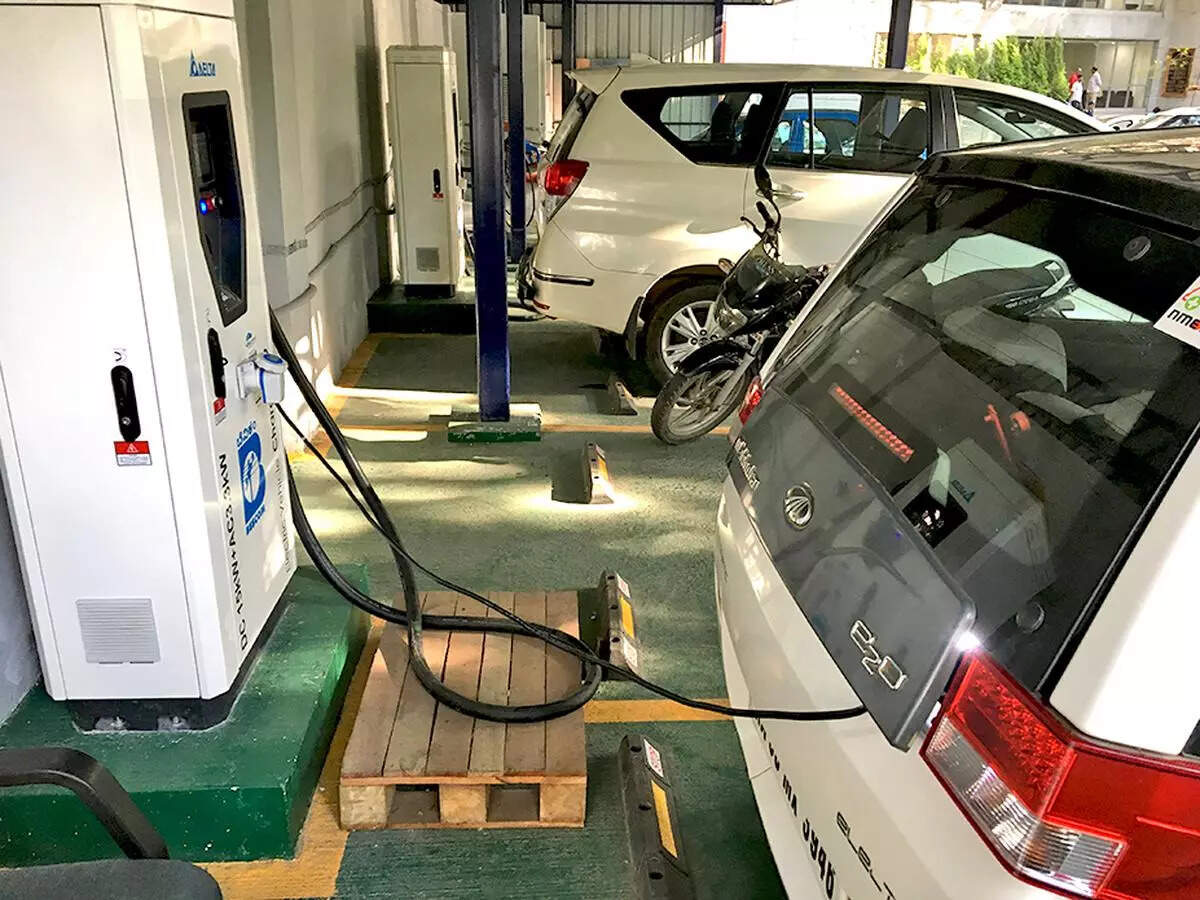
Close to 3,000 Kolkatans opted to buy vehicles that run on cleaner, alternative fuel in the first seven months of 2023. The trend, correlating with a sharp fall in the number of diesel vehicles bought in 2019, a pre-pandemic year, is a clear indication of growing concern for the environment and marks a significant transition in the city’s automotive landscape.
Until July 31, as many as 2,822 ‘green-fuel’ vehicles (the figure includes hybrid vehicles – petrol/diesel vehicles that also run on battery) were registered by the regional transport office (RTO) run by the public vehicles department (PVD). In 2019, the figure was just 694.
The single-most important factor that has made this green transition possible is, of course, the adoption of electric vehicles (EV). Only 21 EVs were registered in 2019, whereas this year, as many as 789 such vehicles have been registered till July, with five more months to go. If we count just hybrid vehicles, 2019 throws up a combined figure of 673. The hybrid figure for 2023, until July, is 926.
The remarkable shift to cleaner-fuel vehicles in Kolkata this year is not just restricted to battery-operated or hybrid vehicles. Vehicles powered by petrol and ethanol, zero in 2019, have seen a substantial rise, to 337. Even 52 vehicles that run on compressed natural gas (CNG), despite a supply shortage, have been registered.
Another cleaner fuel, liquefied petroleum gas (LPG), has also gained traction, with 191 LPG-run vehicles registered, said a senior transport department officer.
The shift towards cleaner fuels indicates a conscientious effort among citizens to contribute towards environmental conservation and reduce pollution. This shift aligns with global trends and a growing emphasis on sustainable transport.
Despite the shift towards alternative fuels, petrol retains its status as the preferred choice of fuel. A total of 15,649 petrol-powered vehicles have been registered until July 31 this year. Diesel, on the other hand, has clearly lost popularity. Until July 31, just 1,401 were registered, compared to the 4,455 diesel vehicles of 2023.
“The most significant part of this shift is the significant drop in vehicles powered by ‘dirty diesel’,” said a transport department official. “The pandemic, I think, played a role. During that time, a lot of people quit smoking and became acutely aware of the need for clean air. Of course, the gap between diesel and petrol prices has increasingly narrowed, making the diesel option economically unviable,” he added.

